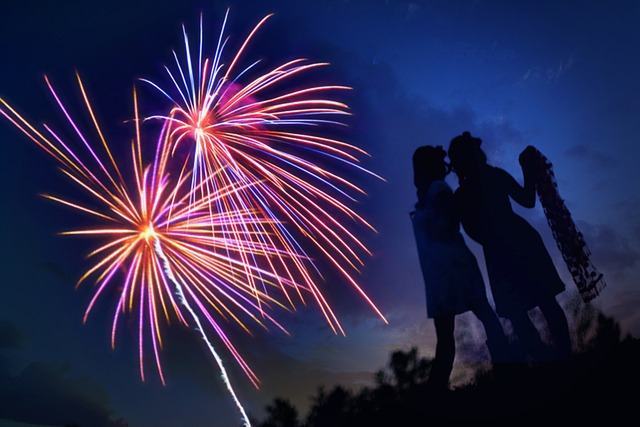American Independence Day, which is observed on July 4th each year, has long served as a symbol of the country’s pride and cohesion. However, as time passes, there is growing disagreement over the fireworks custom. This article examines the ongoing disagreement over Americans’ legal right to own fireworks, examines counterarguments, and identifies numerous viewpoints that influence this contentious topic.
Fireworks have long been a traditional feature of the 4th of July celebration in the United States, serving as a symbol of both patriotism and the country’s resiliency. People feel a sense of pride, unity, and joy as a result of these eye-catching light and sound shows, which help them reconnect with the spirit of the country’s founding.
Security and Environmental Issues: However, there has been an increase in calls for stringent limits on fireworks due to growing worries about safety and the environment. This point of view’s proponents contend that reckless usage of pyrotechnics increases the risk of fire as well as significant injuries and property damage. Additionally, fireworks contribute to noise pollution and the discharge of dangerous chemicals into the atmosphere, distressing both people and animals.
Finding a Balance: It can be difficult to strike a balance between upholding tradition and taking care of security and environmental issues. Some support substantial safety education programmes that encourage responsible use of fireworks, highlighting the significance of adhering to regulations and allocating specified places for displays. Others support professionally run community-based events that reduce hazards and guarantee a safe environment for viewers.
Local rules and restrictions concerning fireworks have been passed by several states and municipalities in response to growing safety and environmental concerns. These regulations frequently involve limiting the sorts of fireworks that can be purchased, banning their use in certain regions or during certain hours, and levying steep fines for infractions. Such prohibitions’ proponents contend that these regulations are vital to safeguard the environment and the public.
On the other hand, those opposed to extensive fireworks rules claim that they violate people’s rights to their personal liberties and the ability to celebrate properly. They contend that responsible adults should be free to choose how to observe Independence Day and that a small number of people’s acts shouldn’t restrict the rights of the majority. Some also point out how fireworks shows have a positive economic impact by bringing in money for nearby companies and creating jobs.
The right to use fireworks on Independence Day is still up for controversy, with emphasis on security, environmental issues, individual liberties, and economic advantages. It’s still difficult to strike a balance between tradition and finding a solution to these problems. Every year, when the country celebrates its independence, Americans will struggle to come up with solutions that respect the festival’s ethos while also ensuring public safety and environmental preservation.
